
The United States and Israel launched joint strikes on Iran early Saturday following days of military buildup and escalating tensions, marking a major escalation in the Middle East. Explosions were reported across Tehran, as President Donald Trump confirmed the start of ‘major combat operations’ aimed at neutralizing ‘imminent threats’ to the American people.
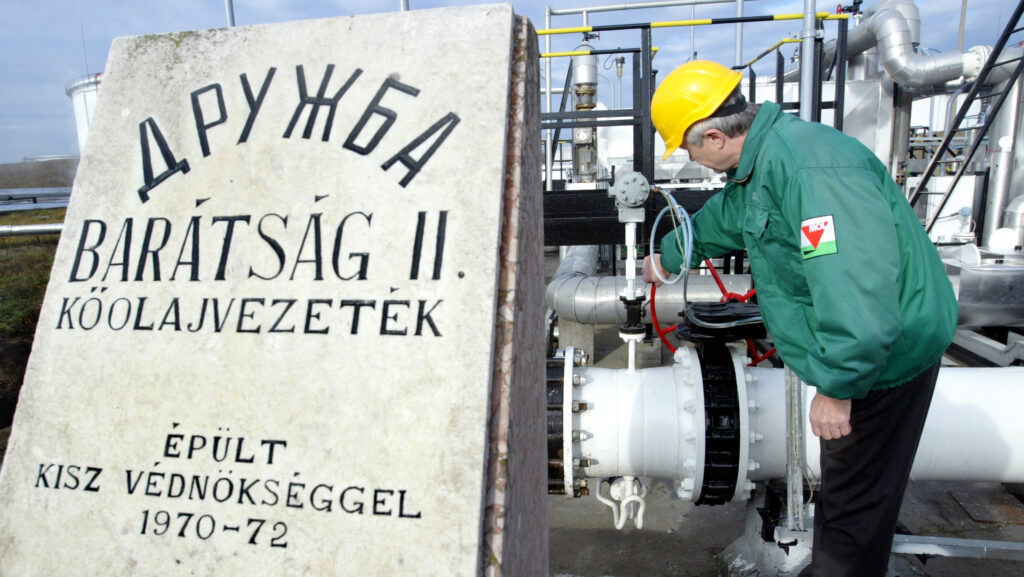
A new Századvég survey indicates that a clear majority of Hungarians oppose both Ukraine’s suspension of oil transit through the Druzhba pipeline and the European Union’s plans to phase out Russian energy. The findings underscore mounting public concern over energy security, rising prices, and foreign interference ahead of the April parliamentary elections.
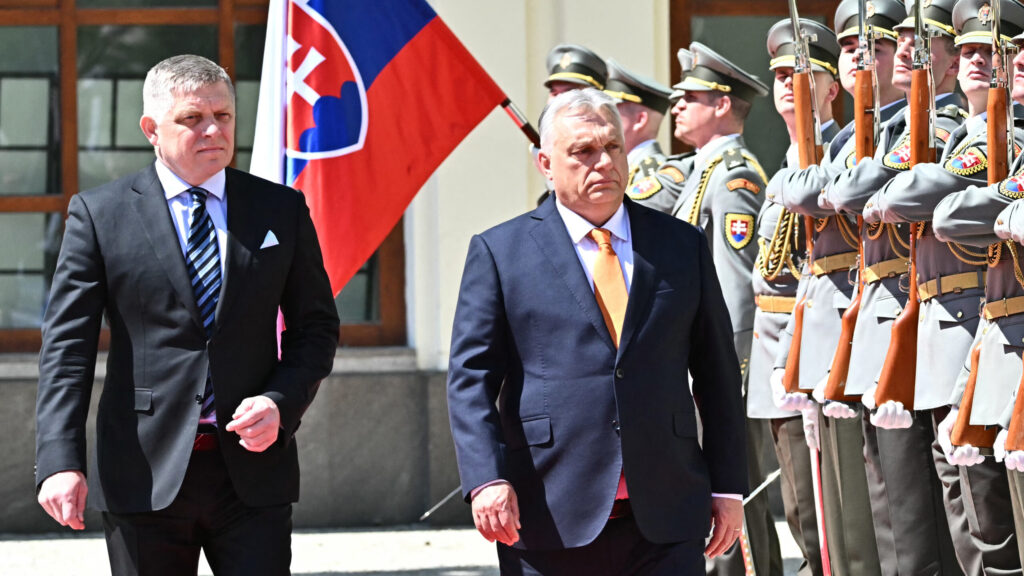
Hungarian Prime Minister Viktor Orbán announced that Hungary and Slovakia will establish a joint investigative committee to examine the halted Druzhba pipeline, urging Ukraine to grant access and restart oil transits immediately.
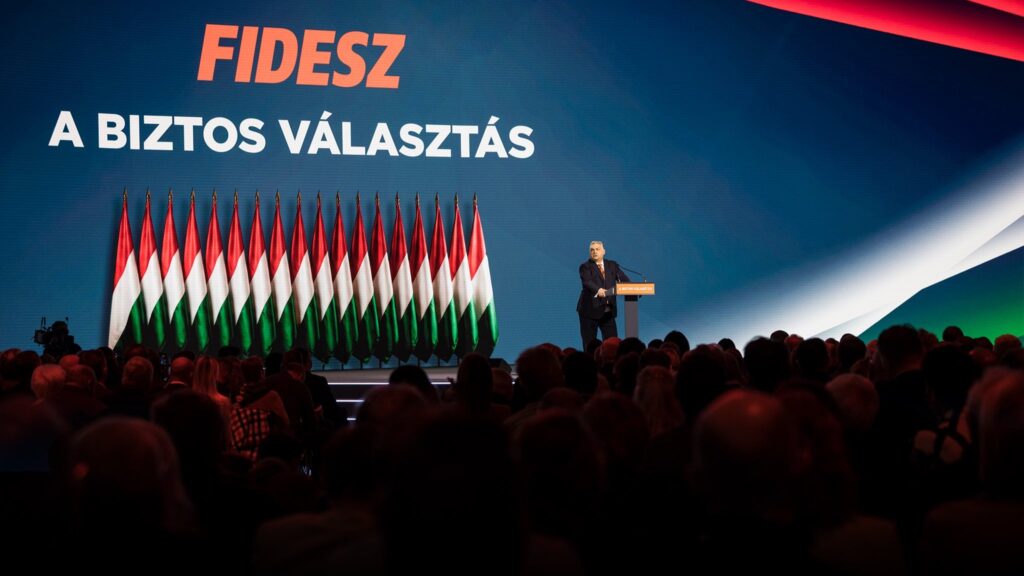
Hungary’s election campaign is entering a decisive phase as fresh polling by Nézőpont Institute gives Fidesz–KDNP a five-point advantage over the opposition Tisza party. With energy security and foreign pressure dominating political discourse, the latest figures point to a closely contested race, with Viktor Orbán still steadily leading.
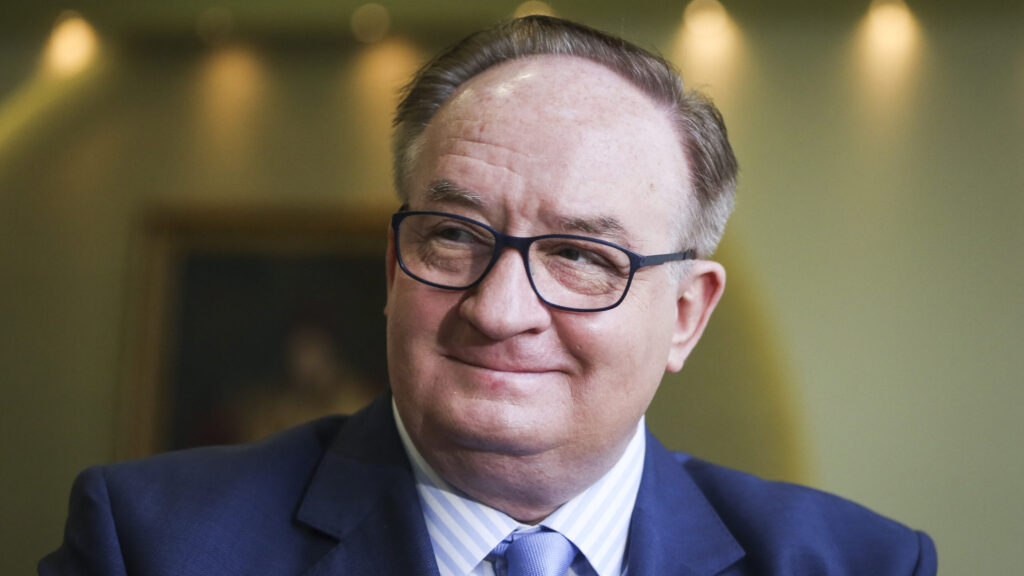
Foreign policy adviser to Polish President Karol Nawrocki has backed Viktor Orbán’s claim that Ukraine deliberately halted oil transit through the Druzhba pipeline to pressure Hungary ahead of its April election. In a radio interview, Jacek Saryusz-Wolski also suggested the disruption could be part of a broader political operation involving Brussels.
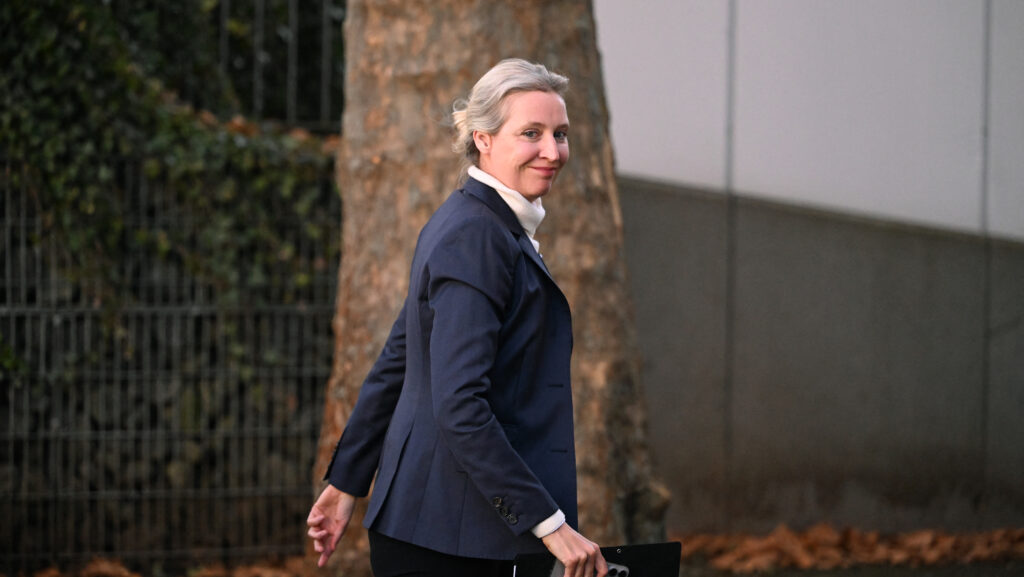
AfD co-chair Alice Weidel has accused the European Union of attempting to influence Hungary’s upcoming election by manipulating polling data and supporting Kyiv in blocking oil transit through Druzhba pipeline. Her remarks come amid controversy over surveys showing an unrealistically large lead for Péter Magyar’s Tisza party.
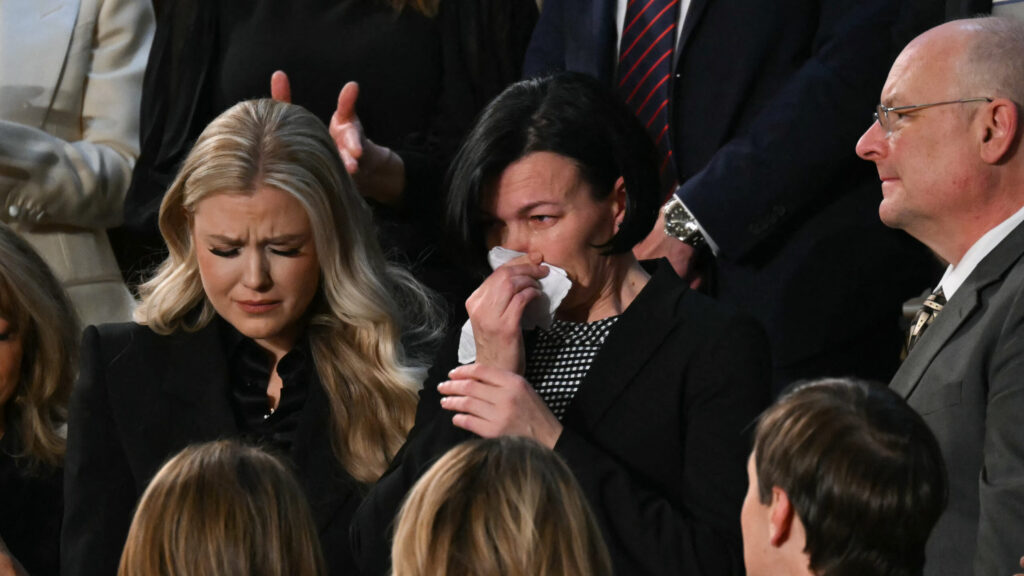
Democrat lawmakers remained seated during a tribute to murdered 23-year-old Ukrainian refugee Iryna Zarutska at President Donald Trump’s State of the Union address, prompting a sharp reaction from the president and outrage on social media.
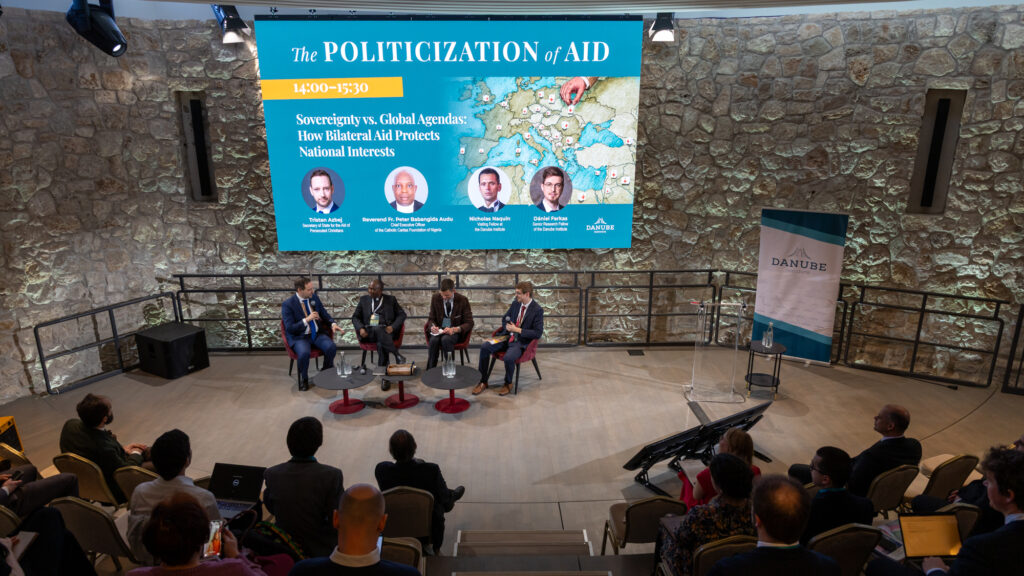
Bilateral aid models took centre stage at the Danube Institute, where experts argued that direct, community-based assistance outperforms multilateral programmes burdened by bureaucracy. Hungary Helps, an aid programme launched by the Hungarian government in 2017, was presented as a sovereign, efficient alternative to global aid structures.
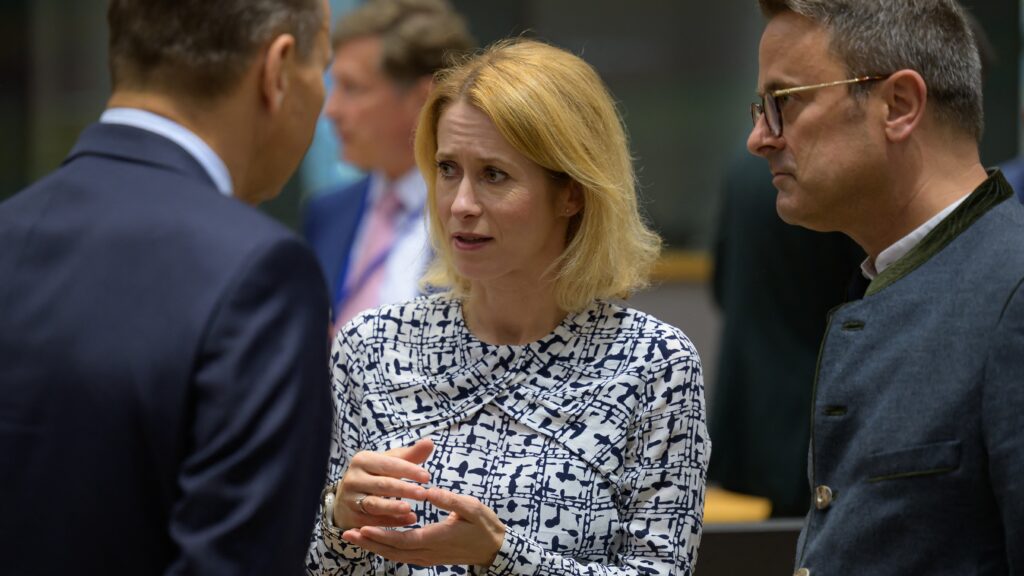
Hungarian Minister for Foreign Affairs and Trade Péter Szijjártó claimed that EU foreign policy chief Kaja Kallas suggested Hungary and Slovakia should send troops to Ukraine, marking what he described as a new level of pressure from Brussels.
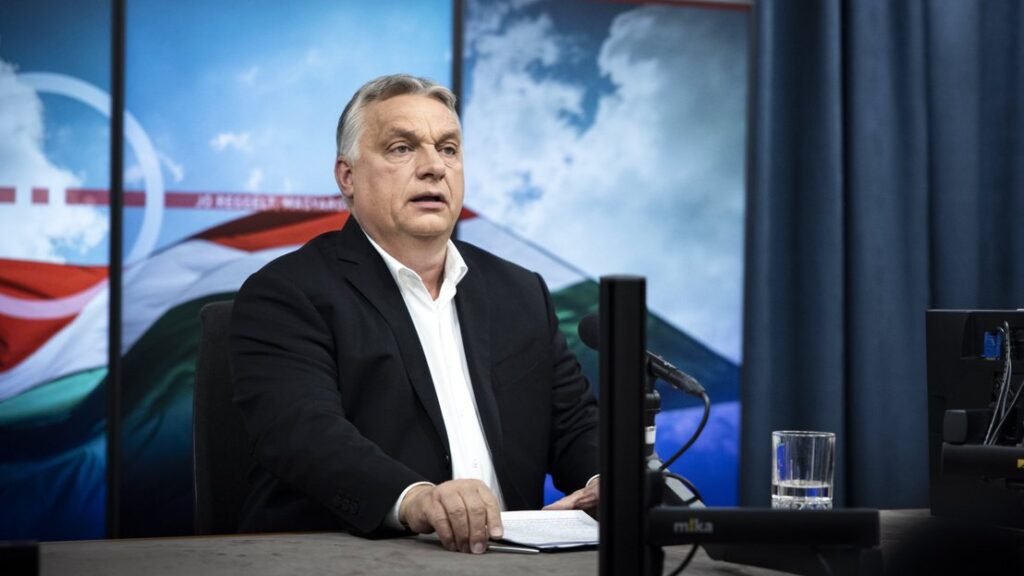
Prime Minister Viktor Orbán has ordered reinforced protection of Hungary’s critical energy infrastructure, citing intelligence reports of possible Ukrainian sabotage. The move comes amid escalating tensions over the Druzhba pipeline and accusations that Kyiv is using energy pressure to interfere in Hungary’s upcoming election.
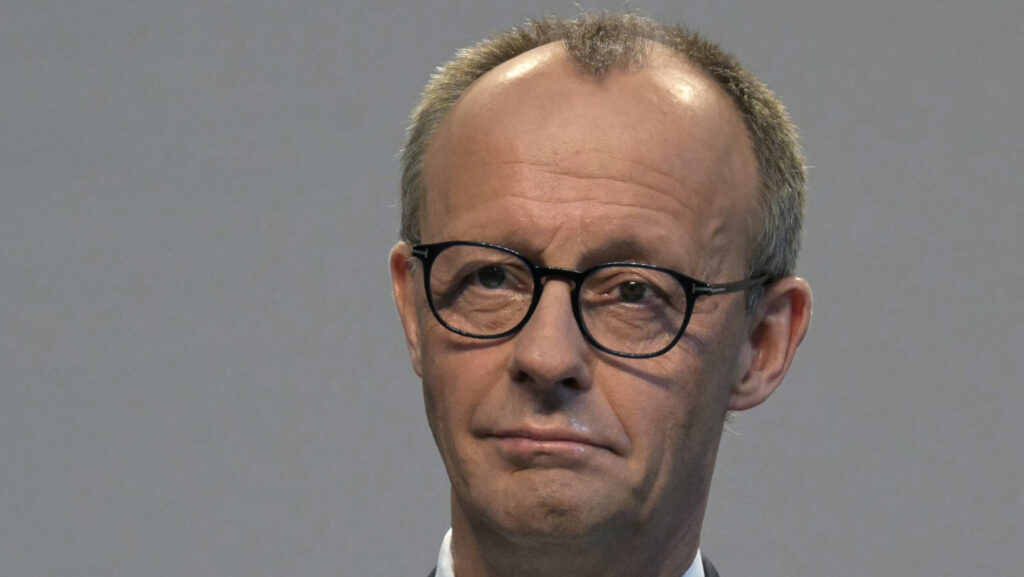
German authorities have launched a criminal investigation against a pensioner in Heilbronn for calling Chancellor Friedrich Merz ‘Pinocchio’ on Facebook, invoking a controversial law on insulting politicians. The case has reignited concerns over free speech in Germany.
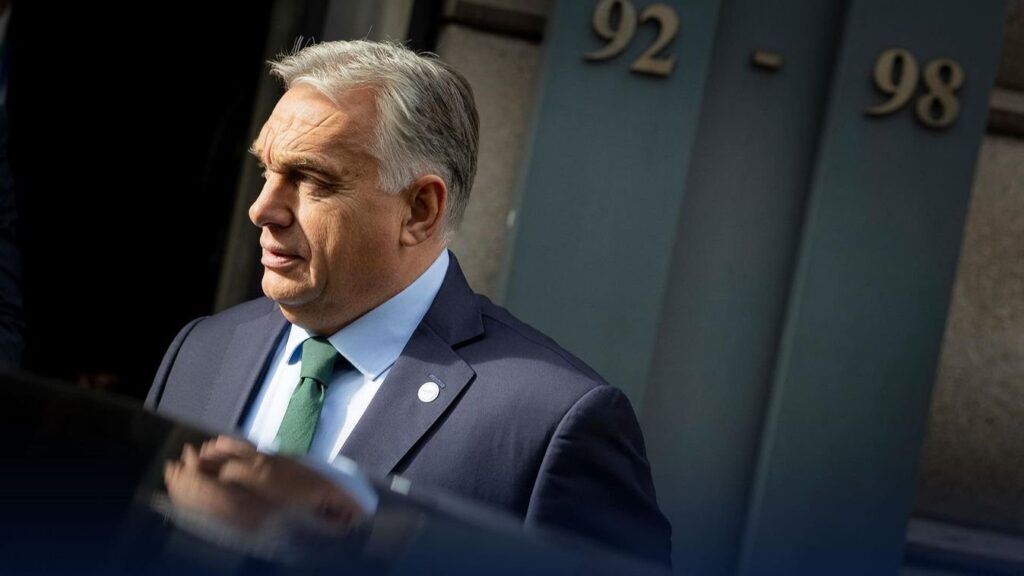
Viktor Orbán pushed back against criticism from António Costa over Hungary’s refusal to back a €90 billion loan to Ukraine, calling the situation ‘absurd’ after Kyiv halted oil transit through Druzhba. Budapest maintains it will not support any Ukraine-related decisions until energy flows are restored.
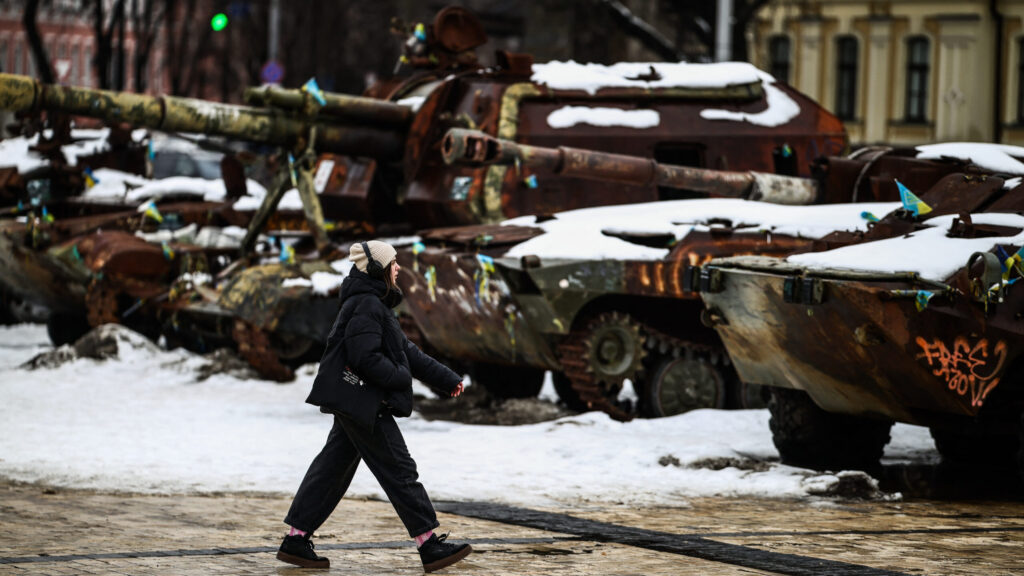
As the Ukraine war drags into its fifth year, the question is no longer whether negotiations are happening, but whether they can deliver peace. Hungarian Conservative asked four experts to assess the conflict, revealing deep divisions over whether current diplomacy signals progress—or merely manages an entrenched stalemate.
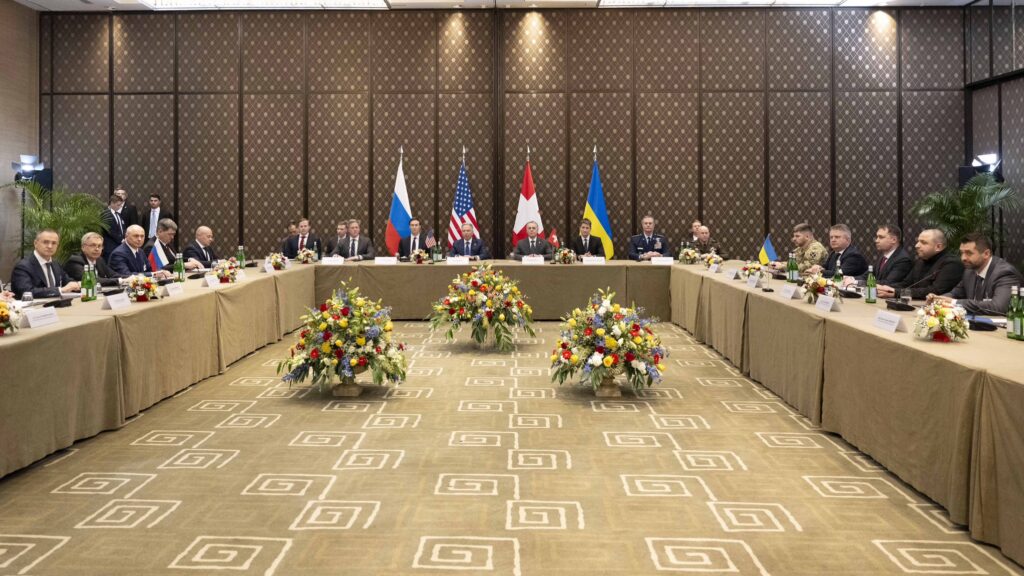
As the war in Ukraine enters its fifth year, one lesson is becoming increasingly clear: diplomacy only works if it is actually pursued. While Europe clings to moral posturing and isolation, Washington has returned to sustained engagement with both sides—slowly narrowing positions and proving that persistent negotiation, not silence, creates the conditions for peace.
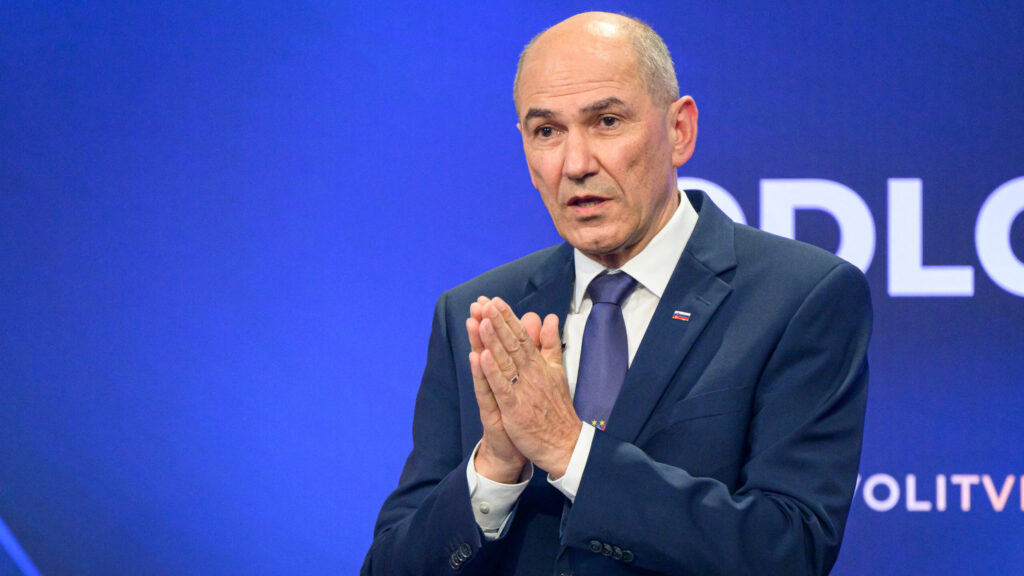
Janez Janša announced plans to pursue a constitutional overhaul if his Slovenian Democratic Party wins the upcoming election, stressing the need for a two-thirds majority. Polls suggest SDS leads the race with 20–28 per cent support, giving momentum to his bid despite fragmented opposition parties.
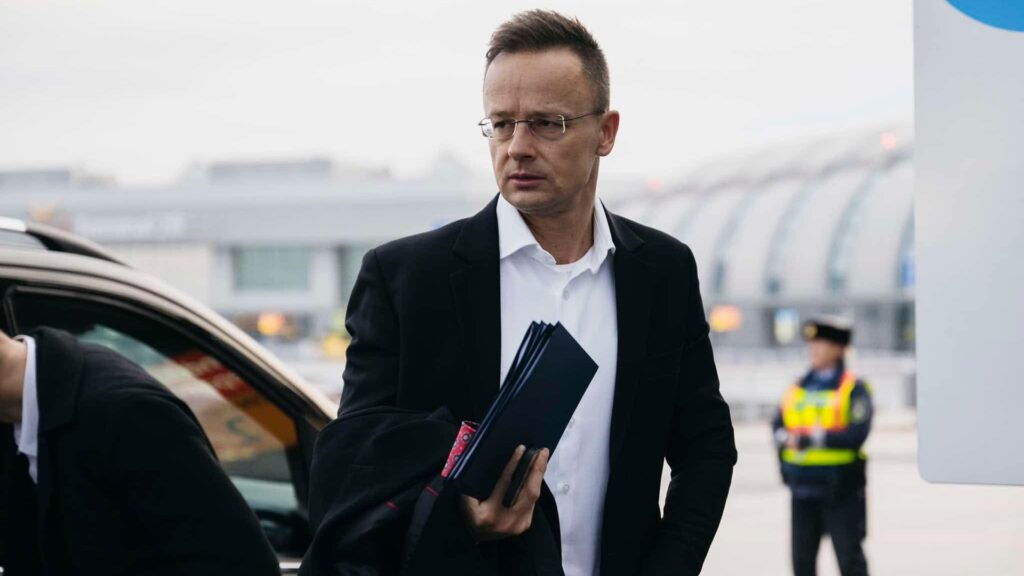
Hungarian Minister for Foreign Affairs and Trade Péter Szijjártó announced that Budapest will veto the EU’s 20th sanctions package unless Ukraine restores oil transit through the Druzhba pipeline. He argued the halt is political blackmail aimed at driving up fuel prices ahead of Hungary’s April election and influencing the outcome.
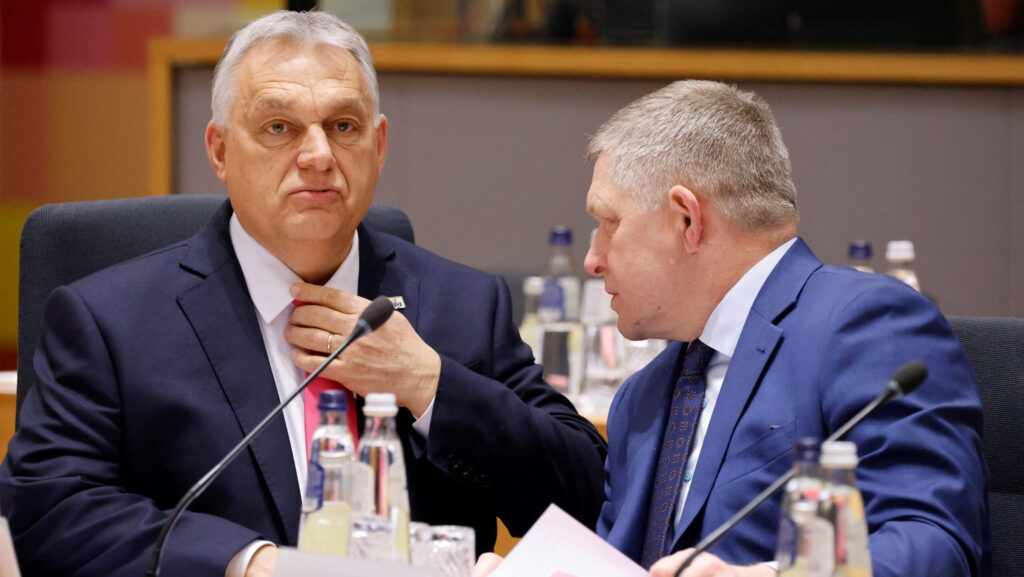
Hungary and Slovakia have escalated pressure on Ukraine to restore oil transit through the Druzhba pipeline, with Viktor Orbán threatening to block a €90 billion EU loan and Robert Fico warning to halt electricity exports. Kyiv has rejected the demands as ‘blackmail’, accusing both governments of acting irresponsibly and undermining regional energy security.
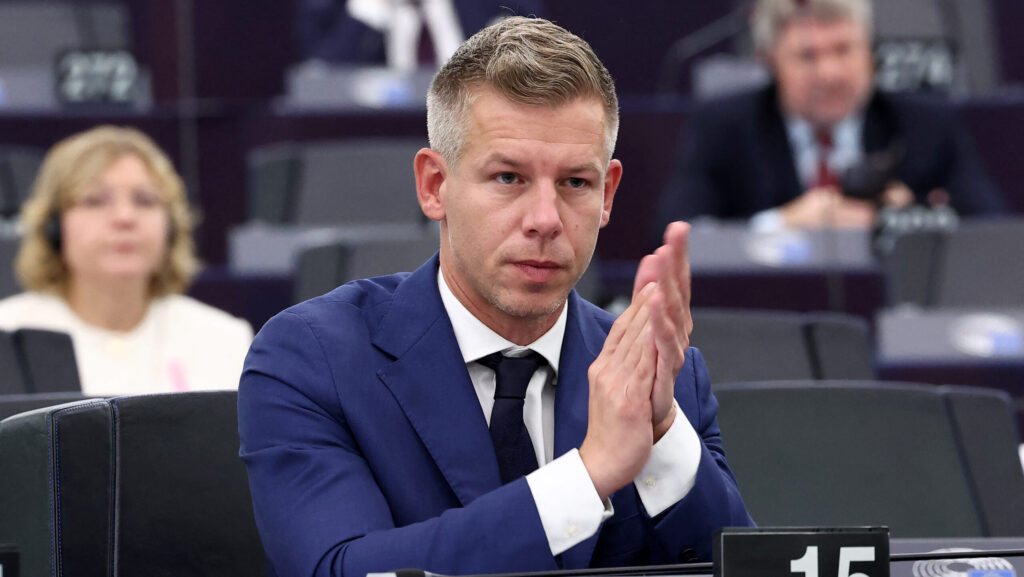
Hungarian opposition leader Péter Magyar announced that he will head Tisza’s national list in April, formalizing what had long been obvious after nearly two years as the party’s sole public voice. Stating that he is ready to serve Hungary, Magyar and Tisza are deeply integrated into the EU establishment and are expected to align with it on issues such as Ukraine’s accession and migration.
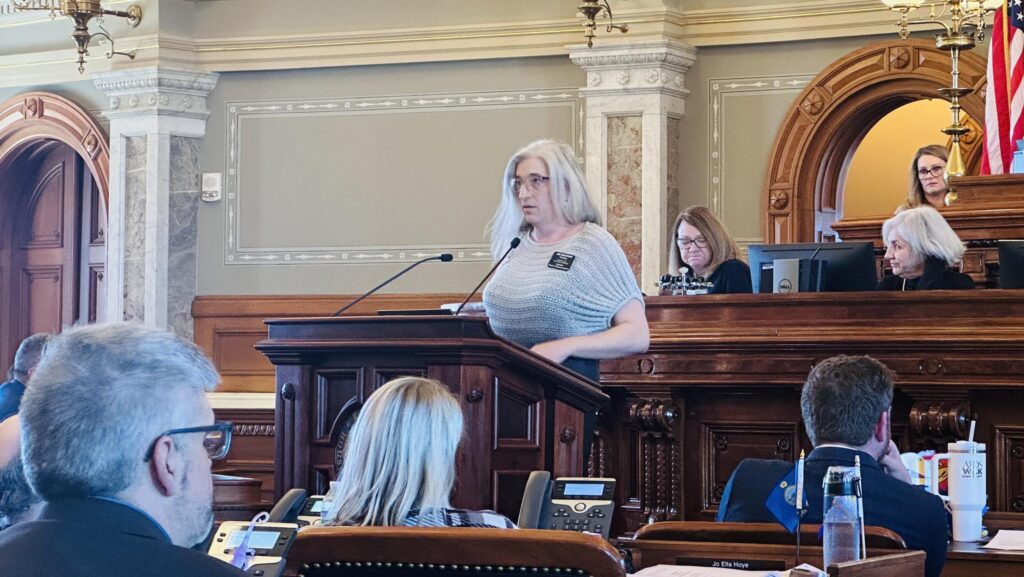
The Kansas House overrode Governor Laura Kelly’s veto of a bill restricting public bathrooms and locker rooms to biological sex, prompting an outburst from transgender Democratic Representative Abi Boatman. Claiming that men want to ‘police our bodies’ through the bill, Boatman was quickly grilled on social media.
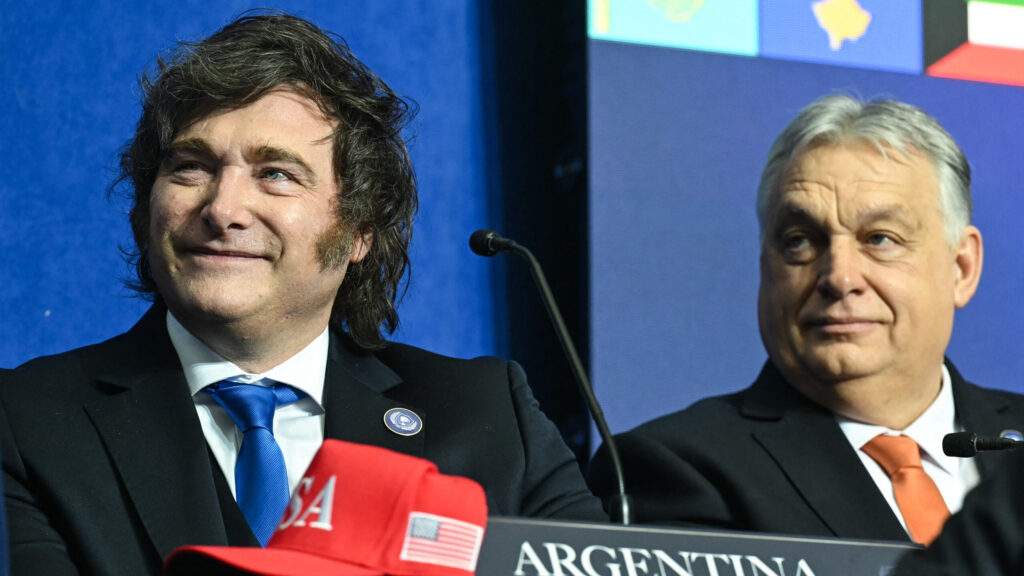
A viral video of Viktor Orbán and Javier Milei sharing a light-hearted moment at the Board of Peace inauguration has drawn widespread attention, with social media users describing the two leaders as ‘best friends in class’. During the same event, Donald Trump endorsed Orbán for re-election ahead of the upcoming parliamentary election in April.
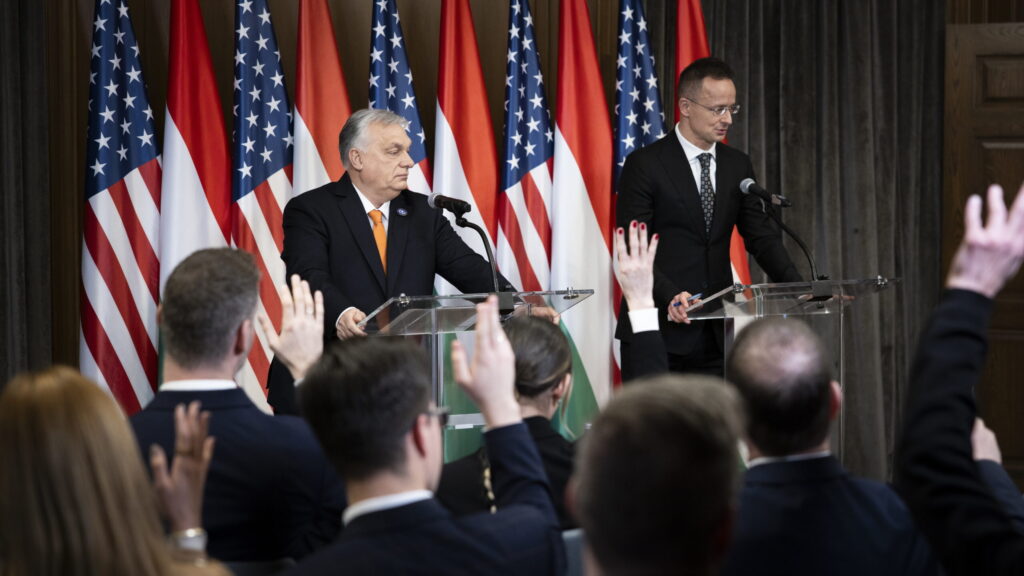
Viktor Orbán called on Brussels to act after Ukraine halted Druzhba oil transit, describing the move as political coercion against Hungary and Slovakia. He further said that Kyiv is intervening in Hungary’s upcoming election to install a compliant government, arguing that in dangerous periods, stability depends on trusted alliances and experienced leadership.
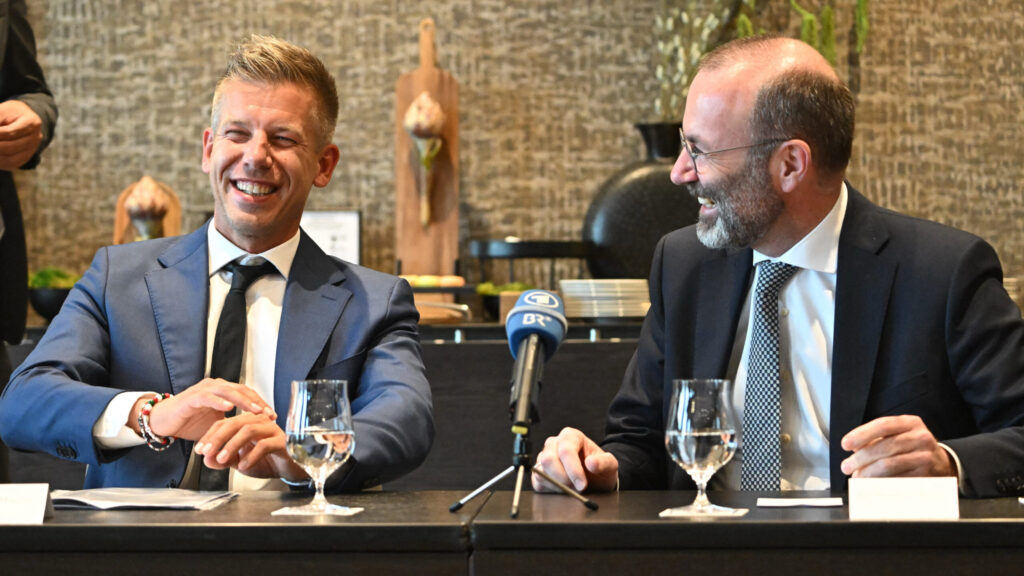
Opposition leader Péter Magyar insists he would uphold Hungary’s veto on Ukraine’s EU accession, even as his party sits within the European People’s Party—the bloc’s strongest advocate of Kyiv’s fast-track membership. The apparent contradiction exposes the political theatre that Tisza and the EPP are staging ahead of Hungary’s April election.
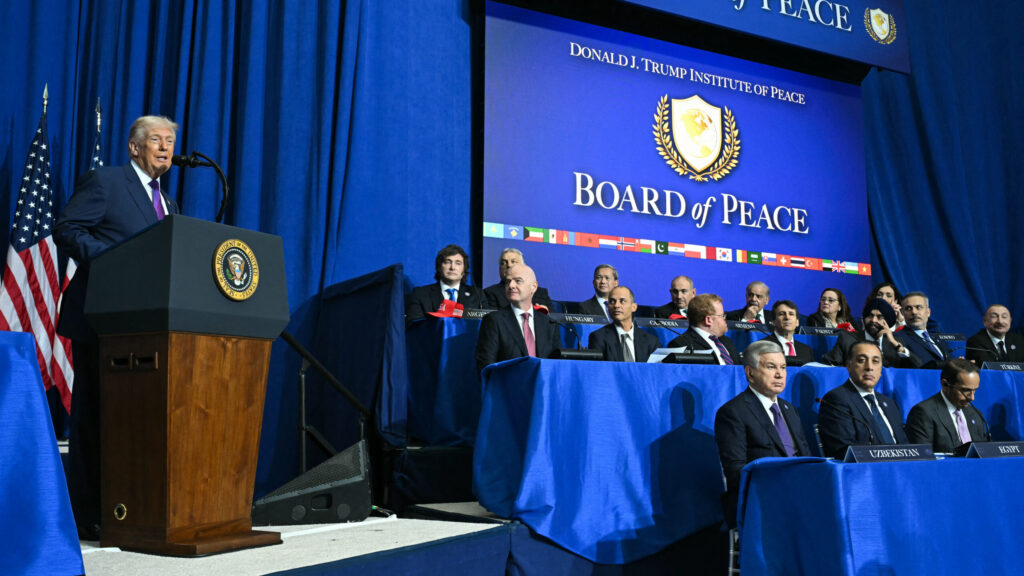
US President Donald Trump issued a ‘complete and total endorsement’ of Hungarian Prime Minister Viktor Orbán ahead of April’s parliamentary election, praising his stance on migration during the inaugural meeting of the Board of Peace in Washington. The endorsement comes as US officials increasingly highlight Orbán’s strategic importance for American interests in Central Europe.
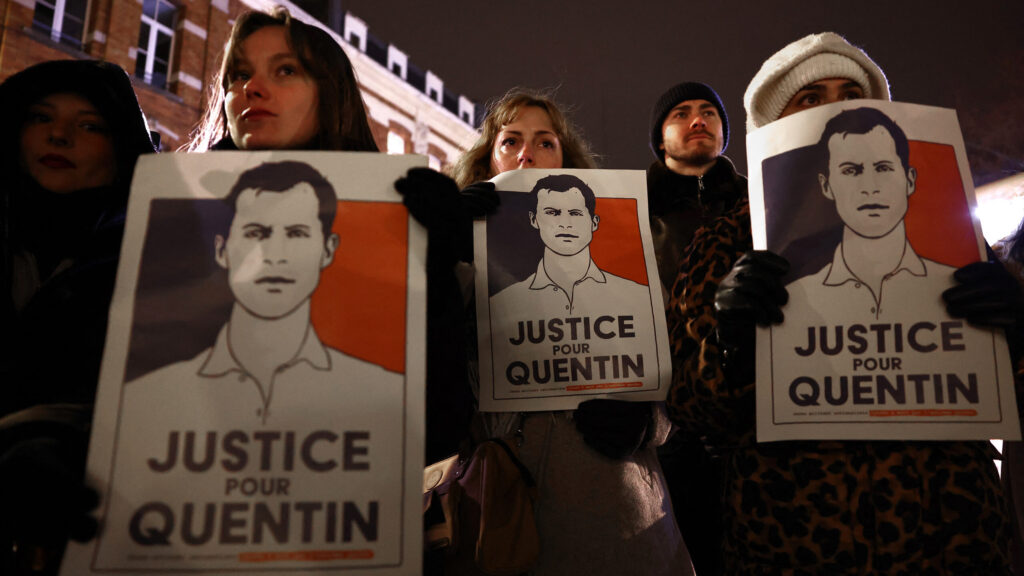
French authorities have arrested 11 suspects in connection with the fatal beating of 23-year-old right-wing activist Quentin Deranque in Lyon, including a parliamentary assistant linked to Jean-Luc Mélenchon’s France Unbowed party. The killing comes amid growing concern across Europe over escalating far-left political violence and Antifa-linked militant activity.
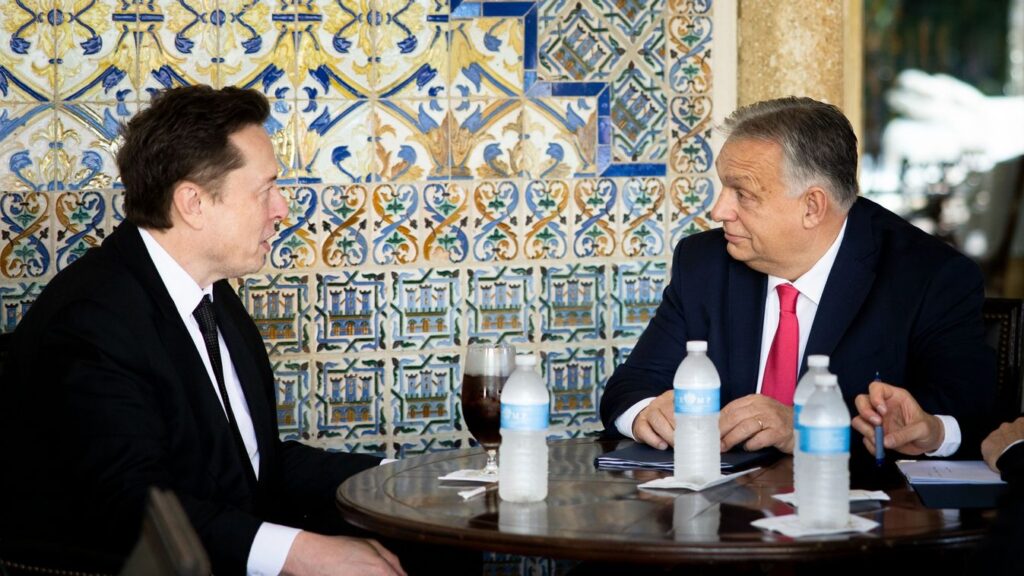
A German court has ordered Elon Musk’s X to provide data tied to Hungary’s upcoming parliamentary election, escalating tensions between the platform and European regulators enforcing the Digital Services Act. The case, driven by EU- and foreign-funded NGOs, has fuelled concerns in Budapest over external interference and political pressure ahead of the April vote.

Europe’s growing return to traditional architecture reflects more than aesthetic preference—it signals a broader struggle over identity, democratic legitimacy, and civic morale, speakers argued at a Danube Institute panel in Budapest. The discussion highlighted public resistance to modernism, the cultural meaning of restoration, and Budapest’s reconstruction as a model for Europe’s architectural renewal.
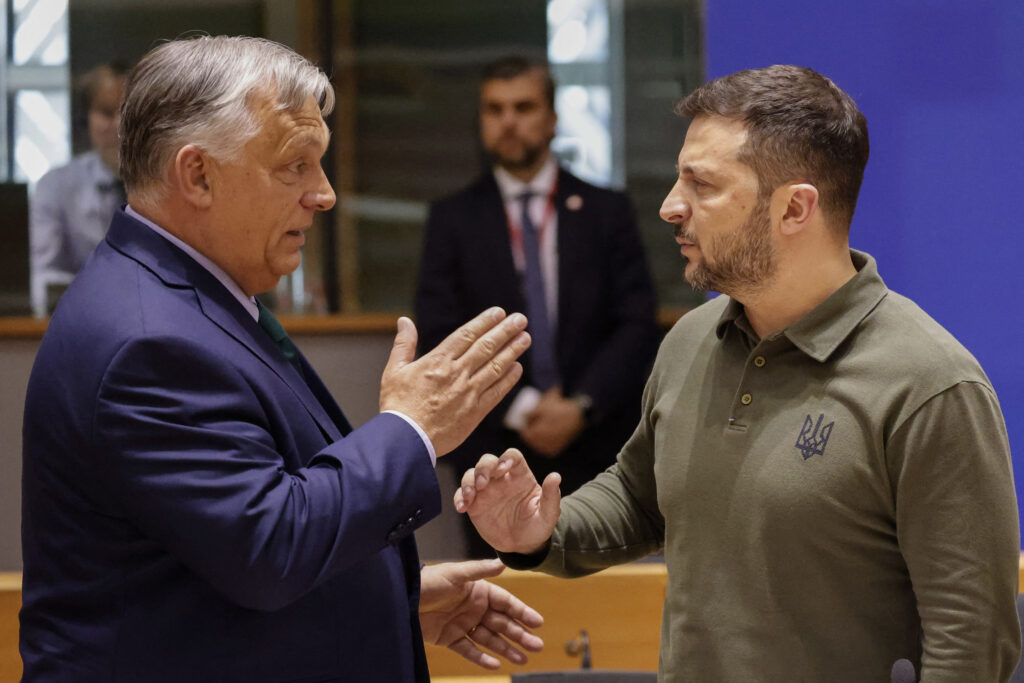
Prime Minister Viktor Orbán accused Ukraine of ‘blackmailing’ Hungary by halting oil transit through the Druzhba pipeline, warning that Kyiv and Brussels are applying growing pressure to force Budapest into a pro-war European coalition. Hungary has halted diesel exports to Ukraine in response while insisting its own energy supply remains secure.

A transgender gunman opened fire on his own family during a high school hockey tournament in Rhode Island on 16 February, killing two people and critically injuring three others before taking his own life. The attack follows several recent North American cases involving transgender perpetrators, adding to concerns about a growing pattern of extreme violence.
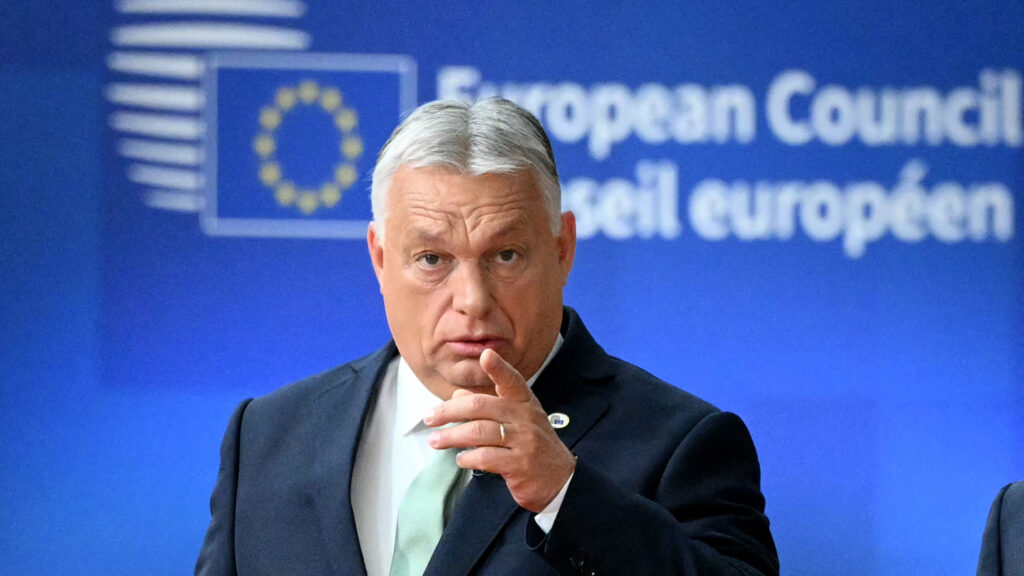
Hungarian Prime Minister Viktor Orbán’s Fidesz–KDNP alliance would win comfortably if elections were held this Sunday, according to a new poll by the Center for Fundamental Rights. The findings suggest the governing parties have stabilized their lead ahead of April’s vote, reinforcing momentum built on geopolitical firmness and perceptions of steady governance.
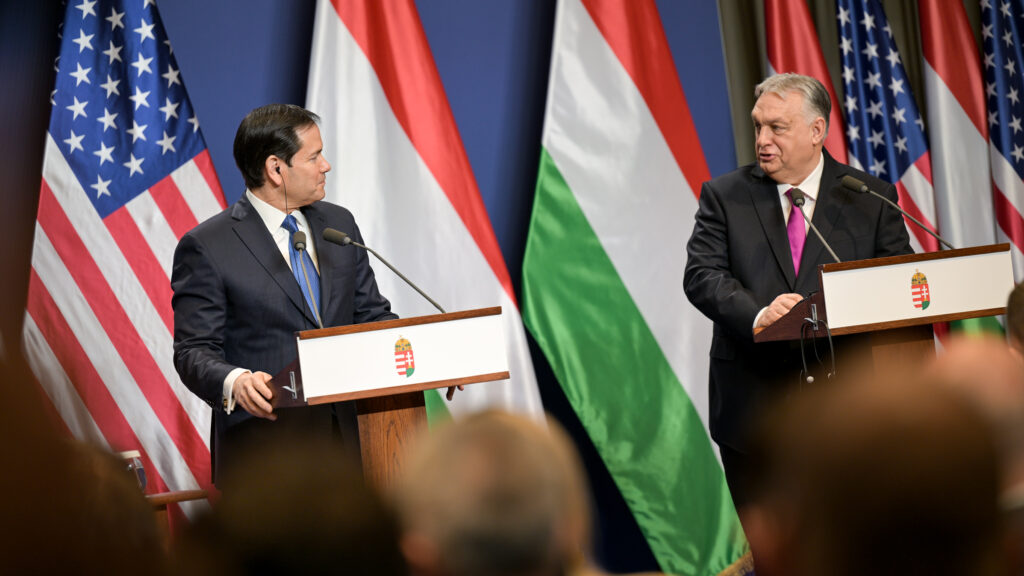
Standing beside Viktor Orbán in Budapest, Marco Rubio praised the Hungarian prime minister’s role in advancing US interests and pledged a financial protective shield for the country, saying Hungary should thrive ‘as long as you’re prime minister’. The remarks, coupled with the signing of a key nuclear deal between the two countries, signal firm support from the Trump administration ahead of Hungary’s closely watched April elections.